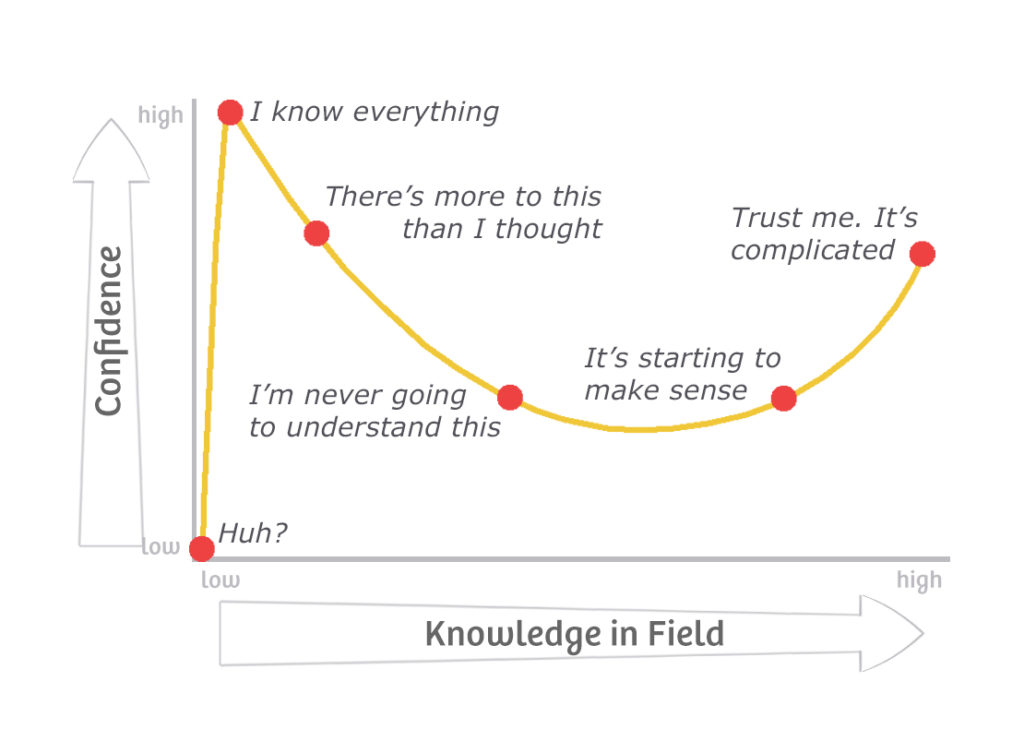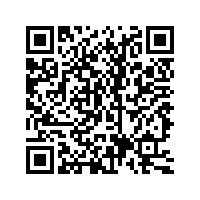Feministische Technikforschung
VU 3.0 ECTS, SoSem2024, TU Wien
jackie / Andrea Ida Malkah Klaura <jackie@tantemalkah.at>
tiss: 034.016 Feministische Technikforschung
Closing Session
https://tantemalkah.at/feministische-technikforschung/2024
 All contents, unless otherwise noted, were produced by Andrea Ida Malkah Klaura
All contents, unless otherwise noted, were produced by Andrea Ida Malkah Klauraunder a Creative Commons Attribution - Share Alike 4.0 International License.
Closing Session Outline
- Stille Diskussion
- Soziogramm
- Talking by Walking
- Evaluation
- Gruppenprojekt-Updates
- LV-Review und Ausblick
- Bonus Challenge 5
- Abschlussrunde
Stille Diskussion
- Was hat mir in dieser LV gefehlt, was hätte ich noch erwartet?
- Welche der Inhalte/Methoden in dieser LV möchte ich auch noch mehr in anderen LVs sehen?
- Feministische Technikforschung ist …
- Für mein weiteres Studium wünsche ich mir …
Soziogramm
mit kurzem Input
Dunning Kruger Effect
- Dunning Kruger Effekt (Sprouts @ YouTube, ~4min)
Wo auf der Dunning-Kruger Kurve würdest du dich in Bezug auf feministische Technikforschung jetzt gerade gefühlt verorten?
 Source: Agile Coffee: Dunning Kruger Effect
Source: Agile Coffee: Dunning Kruger Effect
Wie viel (un)wohl(er) fühlst du dich nach dieser LV mit in-person-Interaktionen in der Gruppe?
Wie hoch ist deine Motivation dich nun außerhalb des Kernstudiums für Technik für Alle Menschen einzusetzen?
Überlegst du dir noch andere LVs aus dem Katalog des Zusatzzertifikats Zusatzzertifikat Gender- und Diversitätskompetenz zu besuchen?
Wenn es ein Follow-Up Seminar (Seminar := weniger Leute, mehr Lesen und Texte und Methoden besprechen), zu dieser LV geben würde wie wahrscheinlich würdest du dieses auch besuchen wollen?
Gibt es noch Fragen aus der Gruppe die ihr der Gruppe stellen wollt?
Talking by walking
- In 2er- oder 3er-Gruppen
- je 7.5 bzw. 5 min pro Person
- Leitfrage: Wie hat mir der Besuch dieser LV in meinem eigenen Entwicklungsprozess geholfen?
Evaluation

Gruppenprojekte
Wem fehlt noch eine Gruppe?
Gruppenfindung & -themen
- im TUWEL für Abgabe nötig
- können auch für Kommunkation genutzt werden
- im Offenen Kursforum:
- Thread: Gruppenfindung
- Eine Person aus der Gruppe antwortet für die Gruppe mit dem Gruppennamen und den Members
- Thread: Projektthemen
- Sobald euer Thema grob umrissen ist, antwortet ihr (eine Person aus der Gruppe) mit einer kurzen Beschreibung des Projekts
- Thread: Gruppenfindung
- Bei Fragen oder Problemen bitte mir rechtzeitig schreiben.
LV-Review & Ausblick
Regarding methods
"It is worth stating upfront that there is no ‘superior’ method, nor is there a method that is in and of itself feminist. Indeed, methods are merely tools or techniques for gathering data (Harding, 1987). However, even methods have assumptions built into them. " (Wigginton and Lafrance 2019, p. 10)
. . .
"Take, for example, the use of a survey measuring ‘femininity’. This method assumes an internal quality of individuals that can be measured independent of context. It also assumes that with its presumably sound psychometric properties, the construct of femininity is stable across time, cultures and populations. These assumptions are likely to sit comfortably for an empiricist who seeks to ‘uncover’ an observable truth/reality, yet are inappropriate for social constructionists and standpoint theorists who reject such assertions, and instead tend to be interested in language as a means of/for representation, and therefore often use qualitative methods (e.g. interviews or focus groups)." (ibid)
"[W]ith no distinctive feminist method (Harding, 1987), one cannot claim that qualitative methods (e.g. semi-structured interviews) are inherently ‘feminist’, or that quantitative methods (e.g. survey measures) are ‘unfeminist’. All methods can be used in sexist ways; and, conversely, all can be used toward feminist ends (Peplau & Conrad, 1989). In fact, a preoccupation with methods has often distracted from “the most interesting aspects” of feminist research, which is the research process (Harding, 1987, p. 1) – from design to dissemination." (Wigginton and Lafrance 2019, p. 11)
queer STS and quantitive methods
"Wir vertreten somit den Standpunkt, dass auch quantitative Forschung – durch eine erneute Dekonstruktion von ‚natürlichen‘ Kategorien – wenigstens teilweise queer sein kann, wenn die gebildeten Kategorien hegemoniale Zuordnungen hinterfragen und umstürzen und somit auf Machverhältnisse aufmerksam machen."
Eine Idee:
statt wie in klassischen Umfragen wo Geschlecht (oft nur) als m/f erhoben wird, vielleicht mal nach f/m als Prozentangabe fragen.
... fürs Projekt: Z.b. kombiniert mit Fragen dazu wie relevant die Personen Gender & Diversity Aspekte für ihr Studium halten
And what now?
- Nochmal die aktiven Teilnahmechecks revue passieren lassen
- Text-Zusammenfassung der Anderen aus Bonusaufgabe 4 lesen
- Comics aus Bonusaufgabe 3 durchschmökern
- Methoden und STS-Ressourcen aus Bonusaufgaben 1 & 2 sichten
- Einen Bogen spannen / unsere thematischen Streifzüge durch die Feministische Technikforschung abrunden mit:
- Weber, Jutta. 2017. “Feministische STS. Einführung.” In Science and technology studies: klassische Positionen und aktuelle Perspektiven, edited by Susanne Bauer, Torsten Voigt, and Thomas Lemke. Berlin: Suhrkamp.
- Wintersemester: VO Technik & Männlichkeiten
- Einen Feminist Technoscience Club @ TU gründen?
- Ideen im letzten Aktiven Teilnahmeforum weiterspinnen
"Allyship does not necessitate activism, but you do need to take action, you do need to act"
— Summary of the discussion by Jennifer Tisdale, the panel host in the panel on "Authentic Allyship in Tech" at Grimmcon0x8 (May 18, 2023)
Bonus Challenge 5
- 3 Punkte gibt es in dieser Challenge für einen kurzen veröffentlichten Bericht über diese LV (e.g. kurzer Blogbeitrag, Mastodon- oder Twitter-Thread, Tiktok-Video, ...). Das muss nicht sehr ausführlich sein, aber auch nicht einfach nur ein Toot "ich war da und das war nice" oder so.
- Als Minimalkriterium gilt: es wird erwähnt worum es in der LV geht, und wieso das relevant für euch und euer Studium selbst ist (also über "ich brauch ECTS" hinausgehend).
- Positive side effect: das kann dann auch gleich als Basis für den Reflexionsbericht oder auch das Dissemination-Concept in der Gruppenarbeit verwendet werden.
- Details siehe TUWEL-Kurs.
Abschlussrunde
"Blitzlicht": Was nehme ich mit, und wie gehe ich jetzt aus dieser LV und in den Sommer?